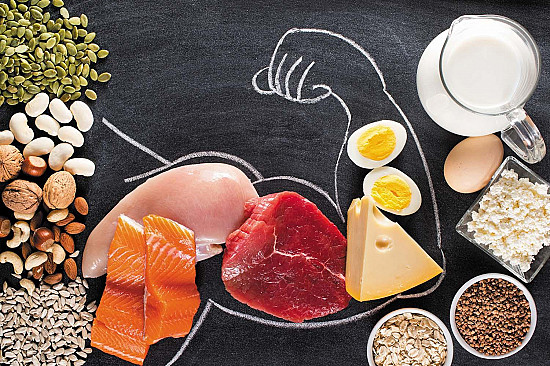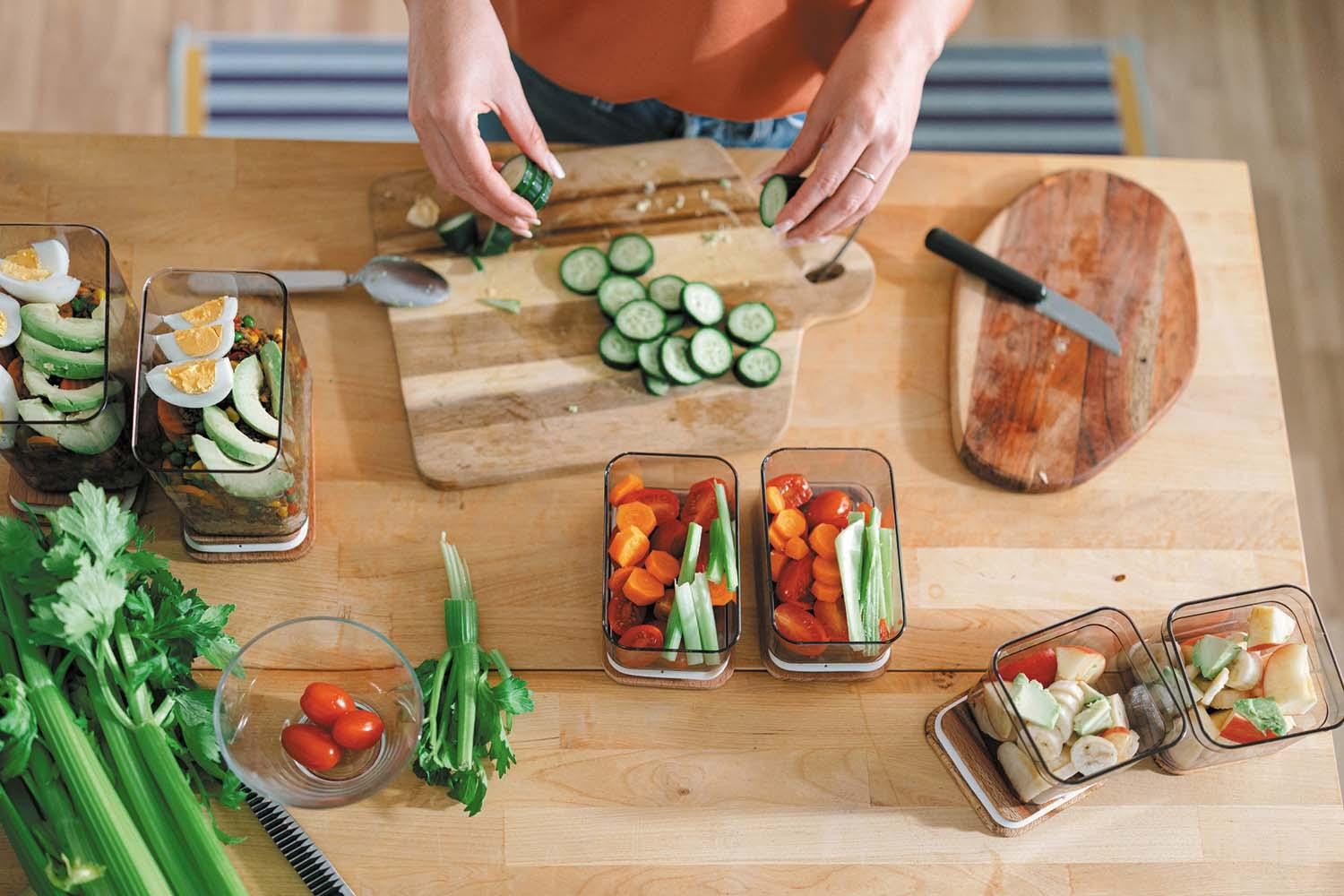Plant protein may help you live longer
In the journals
Men need sufficient protein to help maintain muscle mass and strength as they age. A study published online July 13, 2020, by JAMA Internal Medicine suggests the source of that protein also may dictate how long they live. Scientists examined the diets of more than 400,000 people ages 50 and older, who consumed protein from plant sources, red meat, and eggs. They were then followed for more than 16 years. Those who ate mostly plant protein instead of red meat or egg protein had a 13% to 24% lower risk of death from any cause.
How much plant protein is enough? The researchers found that men in particular had a 12% lower risk of death for every 10 grams of plant protein per 1,000 calories they consumed. The experts suggested that the benefits could increase if men ate even more plant protein. Guidelines recommend that healthy older adults need 1.2 grams of daily protein for every kilogram of body weight. A 175-pound man would need about 95 grams. Good sources of plant protein include almonds (about 17 grams per 1/2 cup), tofu (20 grams per cup), lentils (about 18 grams per cup), and black beans and chickpeas (15 grams per cup).
Image: Anna_Shepulove/Getty Images
Disclaimer:
As a service to our readers, Harvard Health Publishing provides access to our library of archived content. Please note the date of last review or update on all articles.
No content on this site, regardless of date, should ever be used as a substitute for direct medical advice from your doctor or other qualified clinician.
















